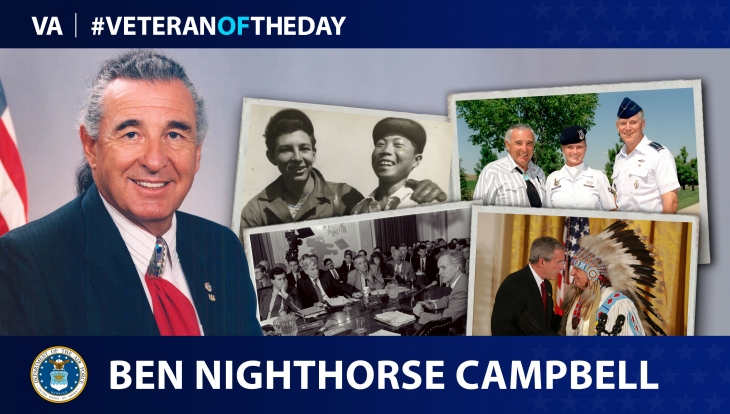
During Native American Heritage Month, today’s #VeteranOfTheDay is Air Force Veteran Ben Nighthorse Campbell, who later became a U.S. senator.
Ben Campbell was born in Auburn, California, in April 1933. Campbell had a difficult childhood; he had an absent father and a mother who was frequently hospitalized with tuberculosis. As a result, Campbell spent much of his youth either in orphanages or on the streets. Lacking adult supervision, Campbell developed into a juvenile delinquent, arrested for drunk driving and theft. While working as a fruit picker, he met some Japanese friends who taught him judo. Campbell would later say that practicing the sport kept him “off the streets and out of jail.”
Campbell dropped out of high school to join the military and served overseas during the Korean War. While serving in the Air Force from 1951 to 1953, he earned his general equivalency diploma and rose to the rank of airman second class. After the war, Campbell returned to California and attended San Jose State University. He graduated in 1957 with a bachelor’s degree in physical education and fine arts.
After college, Campbell moved to Tokyo, Japan, where he spent four years practicing judo and studying at Meiji University. Campbell competed in the 1964 Olympic Games as captain of the U.S. judo team and later worked as a teacher, a rancher and a jewelry designer. He also adopted the middle name “Nighthorse” as a way to honor his Cheyenne heritage.
Campbell moved to Colorado in 1977 and became involved in state politics by accident. Unable to fly a shipment of his jewelry to the West Coast due to bad weather, Campbell instead visited a local political meeting because he thought a friend might be there. Party leaders in attendance were seeking a candidate for the upcoming election and persuaded Campbell to run for office. In 1982, he was elected to the Colorado State Legislature, beginning a political career that would last over two decades.
Campbell was elected to the U.S. House of Representatives in 1986, then to the U.S. Senate in 1992. He was the first Native American Senator in over 60 years. During his time in office, he was the only Native American serving in Congress.
As a member of Congress, Campbell developed a reputation for his charismatic personality and diverse background. He worked to establish the National Museum of the American Indian at the Smithsonian Institution and was the first Native American to serve as chairman of the Senate Committee on Indian Affairs.
Campbell served two terms in the Senate, retiring from Congress in 2005.
Thank you for your service!
Nominate a Veteran for #VeteranOfTheDay
Do you want to light up the face of a special Veteran? Have you been wondering how to tell your Veteran they are special to you? VA’s #VeteranOfTheDay social media feature is an opportunity to highlight your Veteran and his/her service.
It’s easy to nominate a Veteran. Visit our blog post about nominating to learn how to create the best submission.
Veterans History Project
This #VeteranOfTheDay profile was created with interviews submitted to the Veterans History Project. The project collects, preserves, and makes accessible the personal accounts of American war Veterans so that future generations may hear directly from Veterans and better understand the realities of war. Find out more at http://www.loc.gov/vets/.
Contributors
Writer: Stephen Hill
Editors: Merrit Pope, Julia Pack
Fact checker: Giacomo Ferrari
Graphic artist: Kiki Kelley
Topics in this story
More Stories
This week’s Honoring Veterans Spotlight honors the service of Coast Guard Veteran Alvin O’Brien, who served in North Carolina.
This week’s Honoring Veterans Spotlight honors the service of Army Veteran George “Russell” Caldwell, who served in Normandy during World War II.
This week’s Honoring Veterans spotlight honors the service of Army Veteran John Banner, who served in World War II before playing Sgt. Schultz in Hogan’s Heroes.

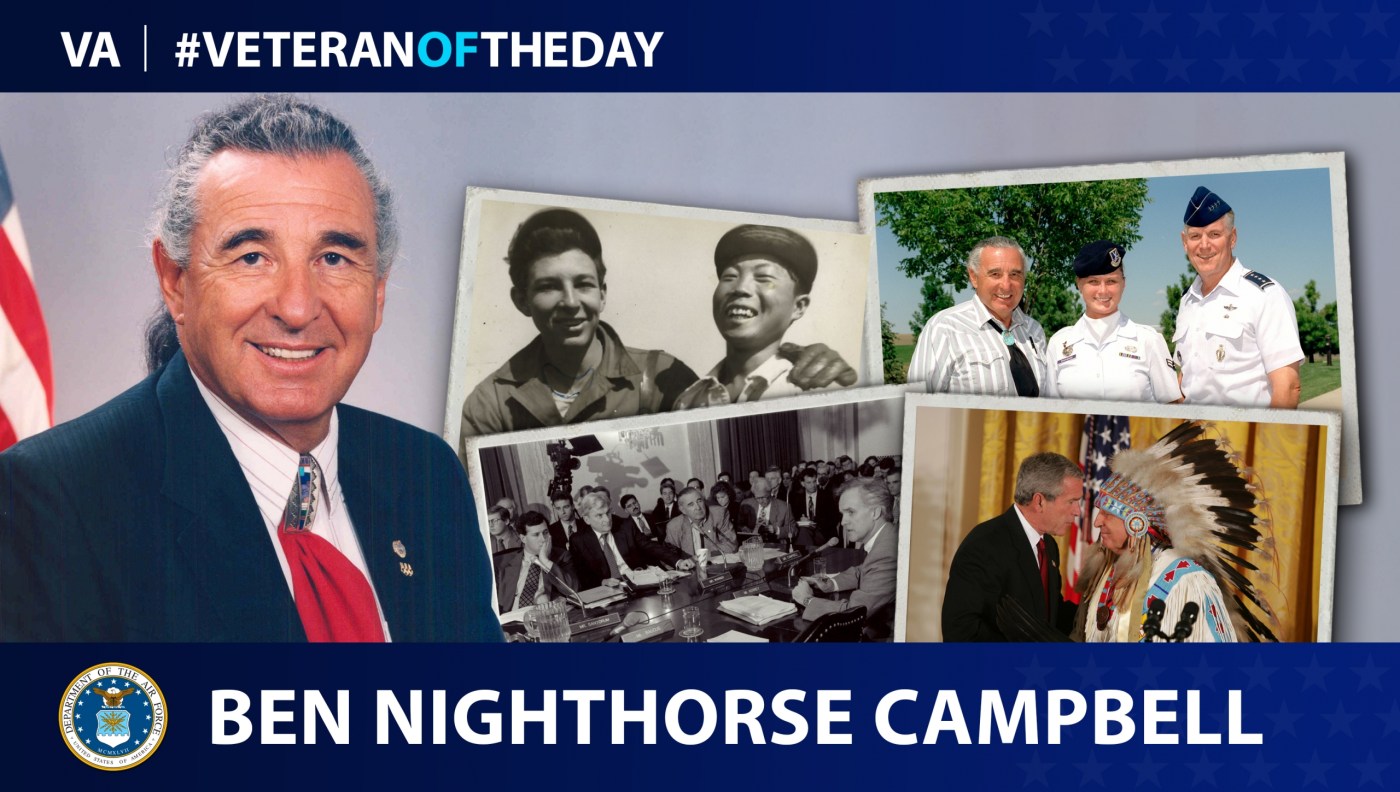
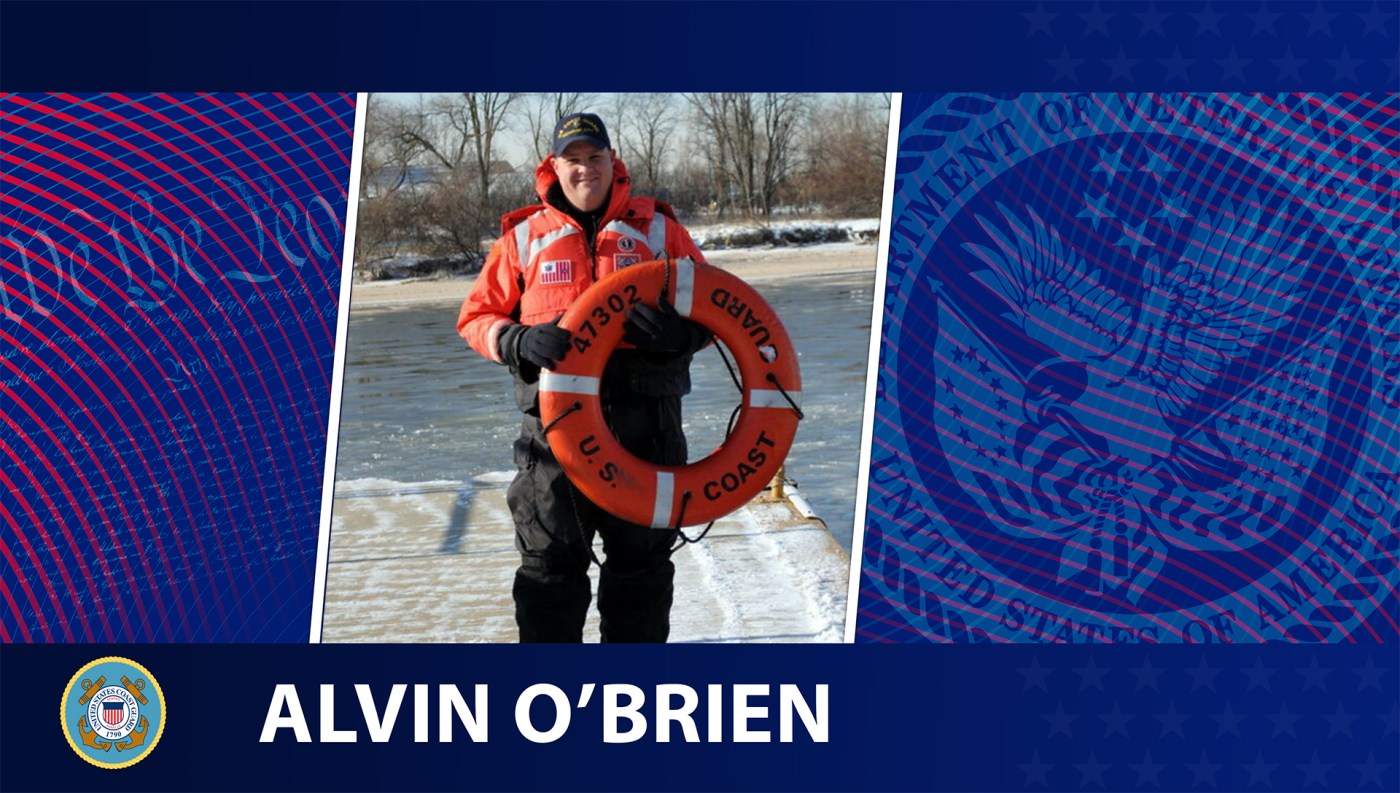
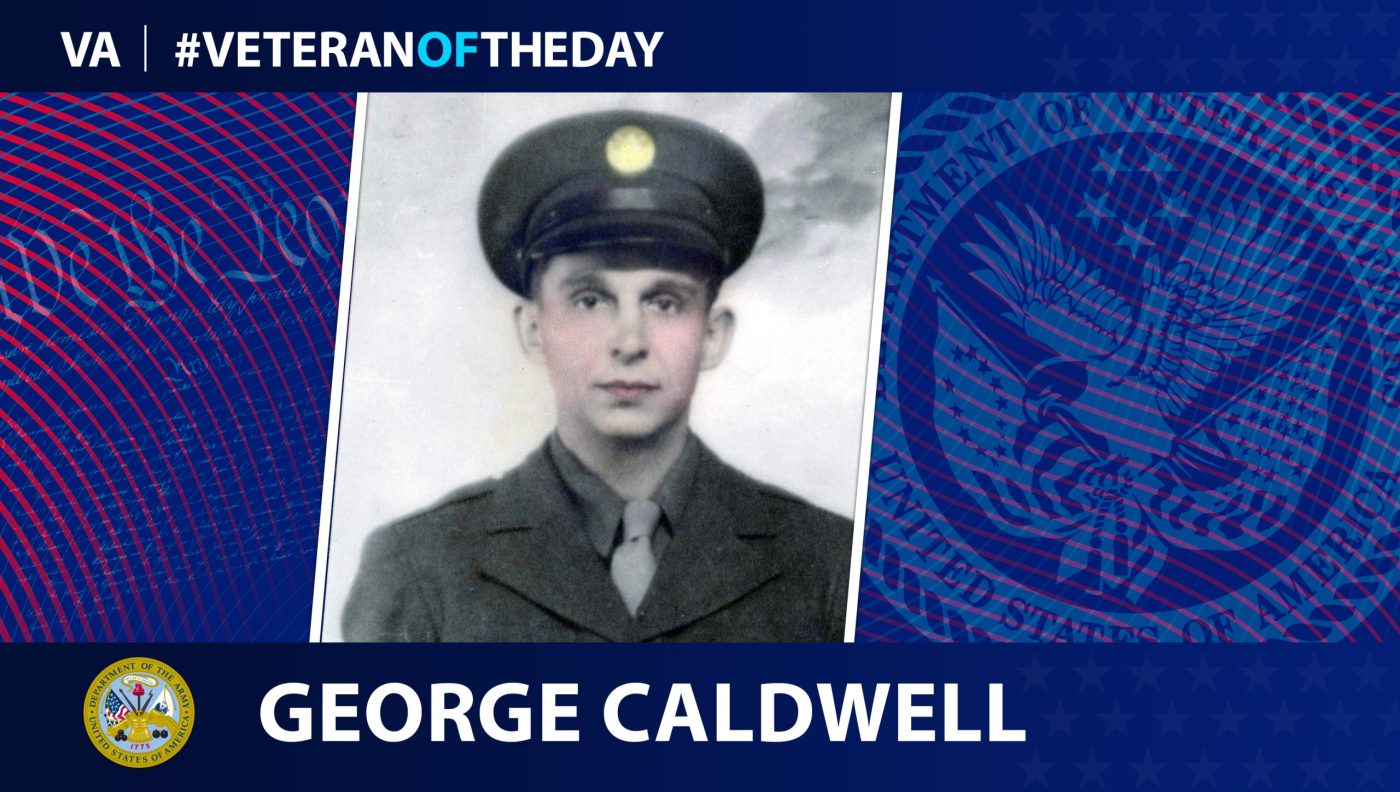
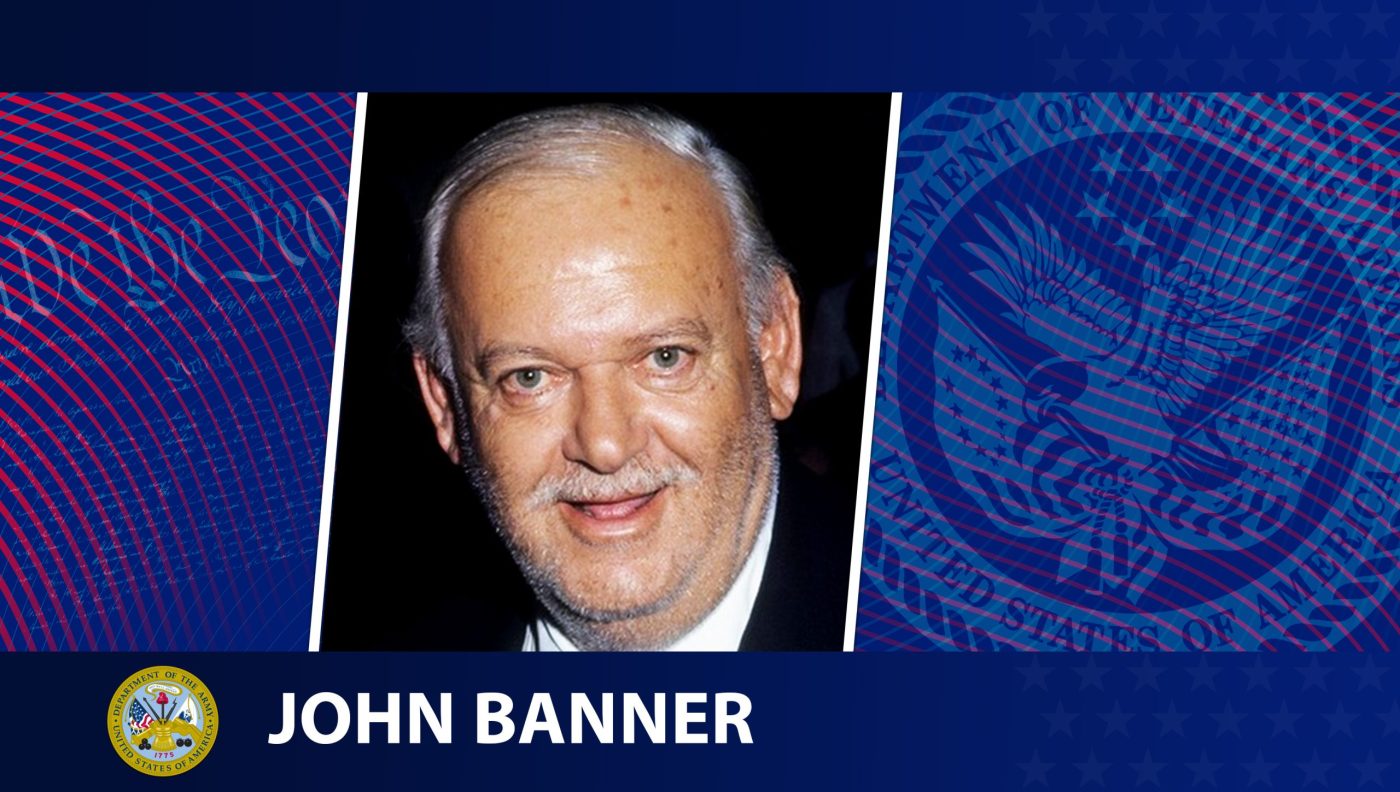


wow so many accomplishments ! proud of you. i also was a high school dropout and got my ged thru the airforce. vietnam vet. i salute you!